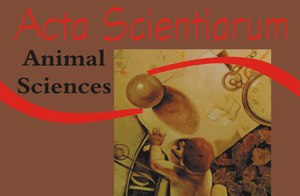The present work aimed at determining the tolerance of Nile tilapia juveniles to highly acidic rearing waters and the effects of water acidity on the quality of tank effluents. The experimental design consisted of four treatments with different water pH values (4.12 ± 0.84; 5.13 ± 0.74; 6.14 ± 0.64 and 8.06 ± 0.48), with five replicates each. No exchange of water was performed throughout the study, only water replenishment to maintain the initial level. Variables of water quality, soil, growth performance, metabolism and effluents were monitored for eight weeks. Despite the lower total ammonia nitrogen (TAN) concentration in the pH 8 tanks, their levels of non-ionized ammonia (NH3) were the highest ones. At the end, the lowest body weight of fish was observed in the pH 8 tanks. There was a significant improvement in feed conversion ratio (FCR) and protein efficiency ratio (PER) due to to water acidification. There were reduced concentrations of NH3 in the acidified tanks' effluents. It was concluded that the gradual water acidification up to pH 4 can improve the Nile tilapia juveniles' growth performance.
aquaculture; Oreochromis niloticus; acidophilic fish; ammonia, pH.

 Thumbnail
Thumbnail
 Thumbnail
Thumbnail
 Thumbnail
Thumbnail






